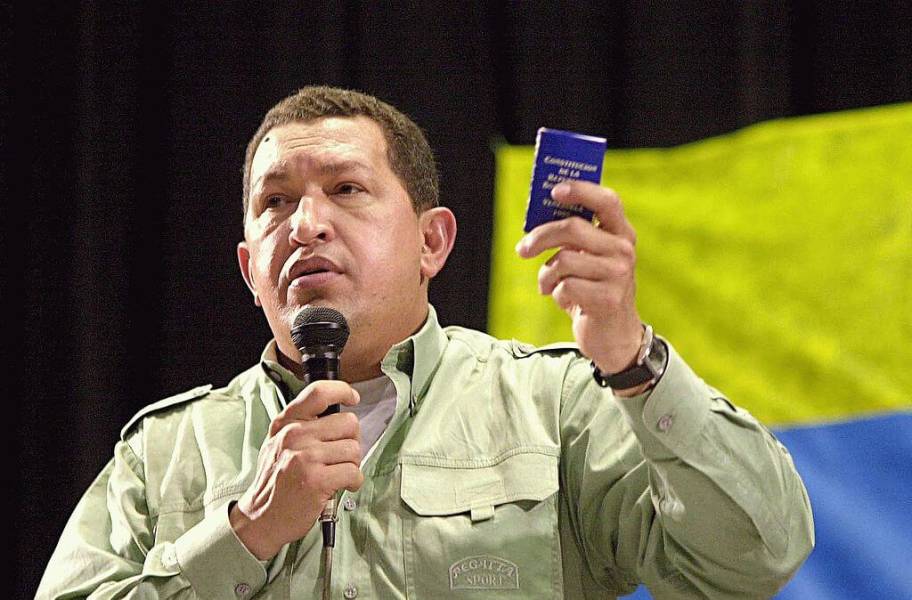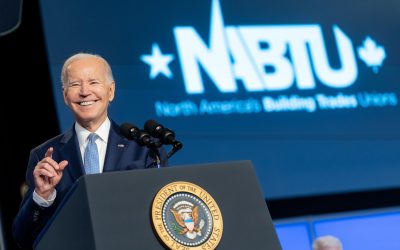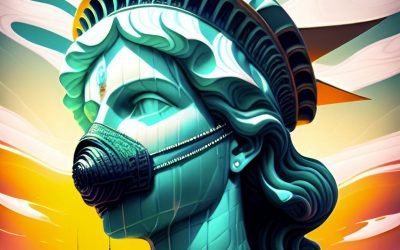For years, the Canadian operator of a huge Venezuelan gold project known as Las Cristinas has been seeking an environmental permit to start digging. Well, Crystallex International Corporation can stop waiting–the mine is being nationalized as part of dictator Hugo Chavez’s long-running program of socialist takeovers. “This mine will be seized and managed by a state administration” with help from the Russians, said Mining Minister Rodolfo Sanz.
It’s not surprising that a brute like Chavez would want to grab the 16.9 million ounces of gold estimated to lie buried in the Las Cristinas reserve. But what’s more puzzling is why–when gold mines, oil rigs and refineries worth billions of dollars are nationalized by regimes such as Venezuela and Russia–the ousted companies can muster no moral indignation, only tight-lipped damage appraisal.
The reason, in a nutshell, is that resources like gold and petroleum in their natural state are universally regarded as public property that cannot be extracted by private companies except with government permission, revocable at will. “Venezuela will not accept that foreign organizations tell them what to do with their own resources,” said a local journalist recently.
But unexploited natural resources are unowned, not publicly owned. Ownership–the legal right to use and dispose of material resources–cannot exist until someone actually brings those resources under human control. A dictator cannot, by decree, bring hidden gold or oil deposits to the surface. Only the knowledge and effort of entrepreneurs, engineers and drillers can transform that hidden potential into actual wealth. Ownership is the law’s recognition that those particular producers deserve the legal right–as against every person on earth who didn’t tap that potential–to control the wealth they created.
Consider that Arabs wandered for centuries across desert sands that concealed vast petroleum deposits, but it was Western investors who actually made Middle Eastern petroleum valuable. These companies searched for many years in a vast wilderness, moving in frustration from one dry hole to another, risking utter failure and financial ruin. Eventually, by virtue of their ingenuity, courage and perseverance, world markets were flooded with oil that Middle Eastern governments should have deemed private property–100% private.
Instead, those governments muscled in, claiming public ownership based on nothing but their sovereignty over the geographical areas where oil deposits happened to reside. First through royalties, then by extorted royalty increases, and finally by outright nationalization, the descendants of nomads whose meager possessions fit on a camel’s back could now build palaces, buy airplanes and fund terrorism from the seemingly endless profits generated by Western technology and ingenuity.
But all this was a perversion of sovereignty. After all, why are states entrusted with exclusive power to use force within their borders? There’s only one legitimate reason: to protect individual rights, including property rights. Just as a bodyguard’s task is protecting clients from physical attacks, a government’s function is safeguarding people and property against criminals and foreign invaders.
Sovereignty exists to protect private property, not to destroy it. A bodyguard who claimed to own his client’s house, cars and jewelry would be immediately fired. Yet governments that claim to own all natural resources within their borders get a free pass, as if ownership could be conjured from the barrel of a gun.
Today, nationalization is endorsed not only by third world thugs but by the United Nations, which–with America’s full agreement–declared in 1962 that the “sovereign right of every State to dispose of its wealth and natural resources” is “recognized as overriding purely individual or private interests.” Even the victims agree. Said one CEO: “We do not see the issue of nationalization as a violation of the law but as a right of a government.”
This is why power-grasping dictators like Venezuela’s Hugo Chavez and Russia’s Vladimir Putin can claim moral authority to treat foreign investors the way they treat their own citizens–as cattle to be herded, milked or slaughtered for society’s sake. Thus when ExxonMobil recently dared to dispute the pittance Venezuela offered in payment for seized assets, Chavez denounced “those bandits of ExxonMobil,” absurdly declaring they “will never rob us again.”
Nationalization, stripped of all rationalization, is naked theft. A blow for justice will be struck by the first public figure to denounce it as such. In the meantime, companies like Crystallex will continue to be bullied by dictators who know exactly how much they can get away with.
Copyright Ayn Rand Institute. All rights reserved. That the Ayn Rand Institute (ARI) has granted permission to Capitalism Magazine to republish this article, does not mean ARI necessarily endorses or agrees with the other content on this website.




